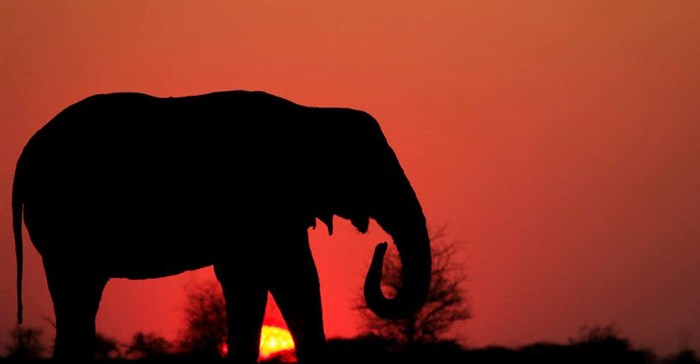
As the summer rains begin to dissipate and evenings become increasingly chilly, a change is happening. Animal migration takes place during autumn and one’s chances of seeing a wealth of wildlife are greatly improved. Vegetation subsides as rainfall begins to decrease and migratory birds start the long trek home.
Covering an area just shy of being an expansive 20,000 km², the Greater Kruger offers a wide range of accommodation to suit all kinds of travellers, ranging from luxury five-star resorts to bush camps under the stars. It’s natural South Africa at its finest.
With the change of season going from wet and hot summers to cool and dry winters, a lot of activity occurs within herds and prides as internal migration occurs towards warmer areas and waterholes. A noticeable drop in temperature occurs as the season shifts and along with that come a decrease in rainfall, proving ideal conditions to go on safari – not to mention a lowered malaria risk. As winter nears, temperatures drop down to around 13 degrees with daytime highs sitting pretty in the mid to late twenties.
Prices for safari packages do tend to drop dramatically after the bustling late summer season draws to a close. Cost-effective deals can be found right up to and throughout the winter months. Websites such as Specials4Africa update their portfolio regularly with deals discounting as much as 60% off safari and accommodation packages in the Greater Kruger and other game reserves and parks around the country.
An alarming fact about our scene is that a frighteningly high number of animal species are at risk – be it endangered right up to being on the brink of extinction. The Western Black Rhinoceros was declared officially extinct as recently as 2011 – a tragic end for a mighty species which previously roamed the sub-Saharan plains for thousands of years.